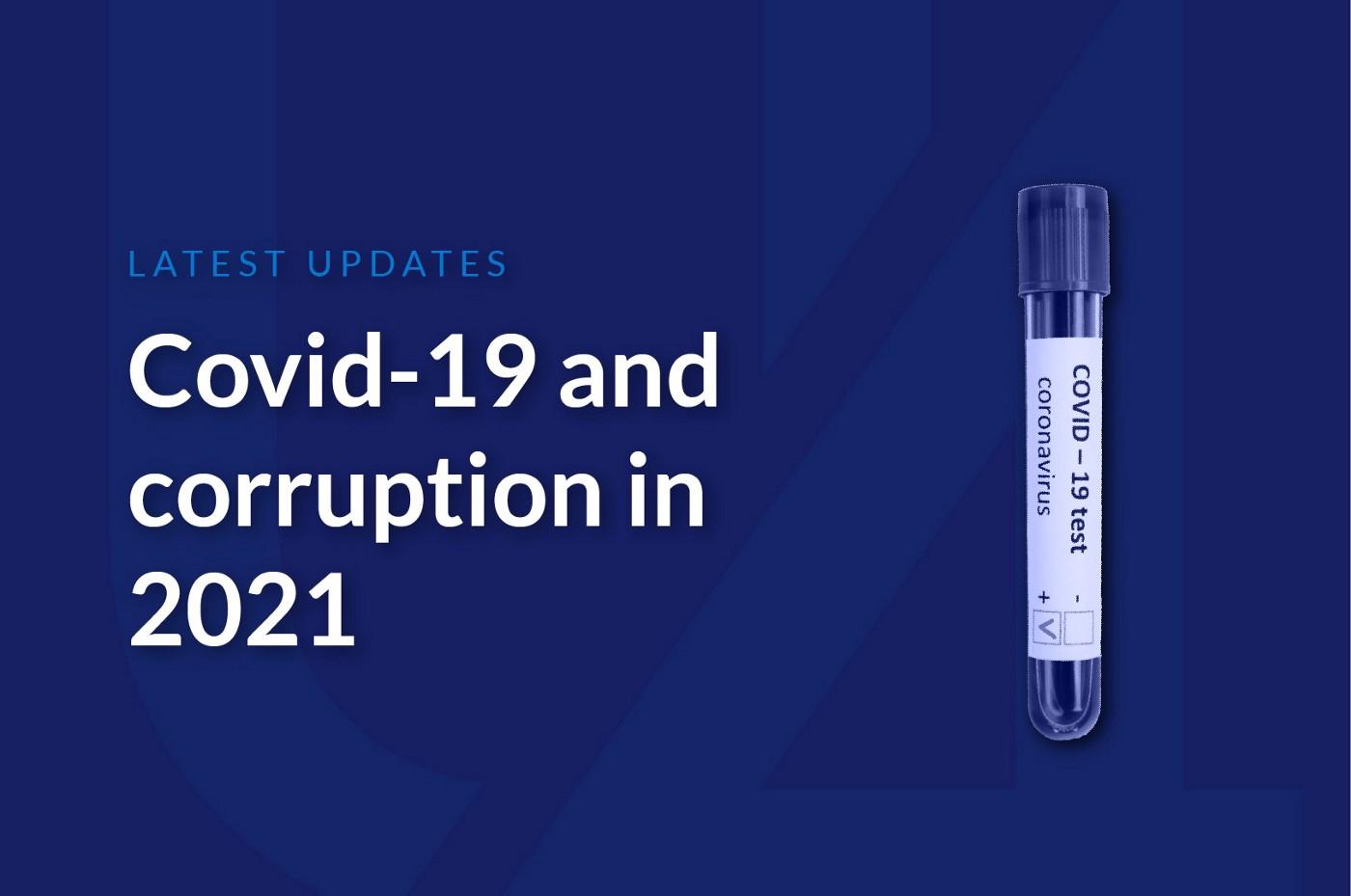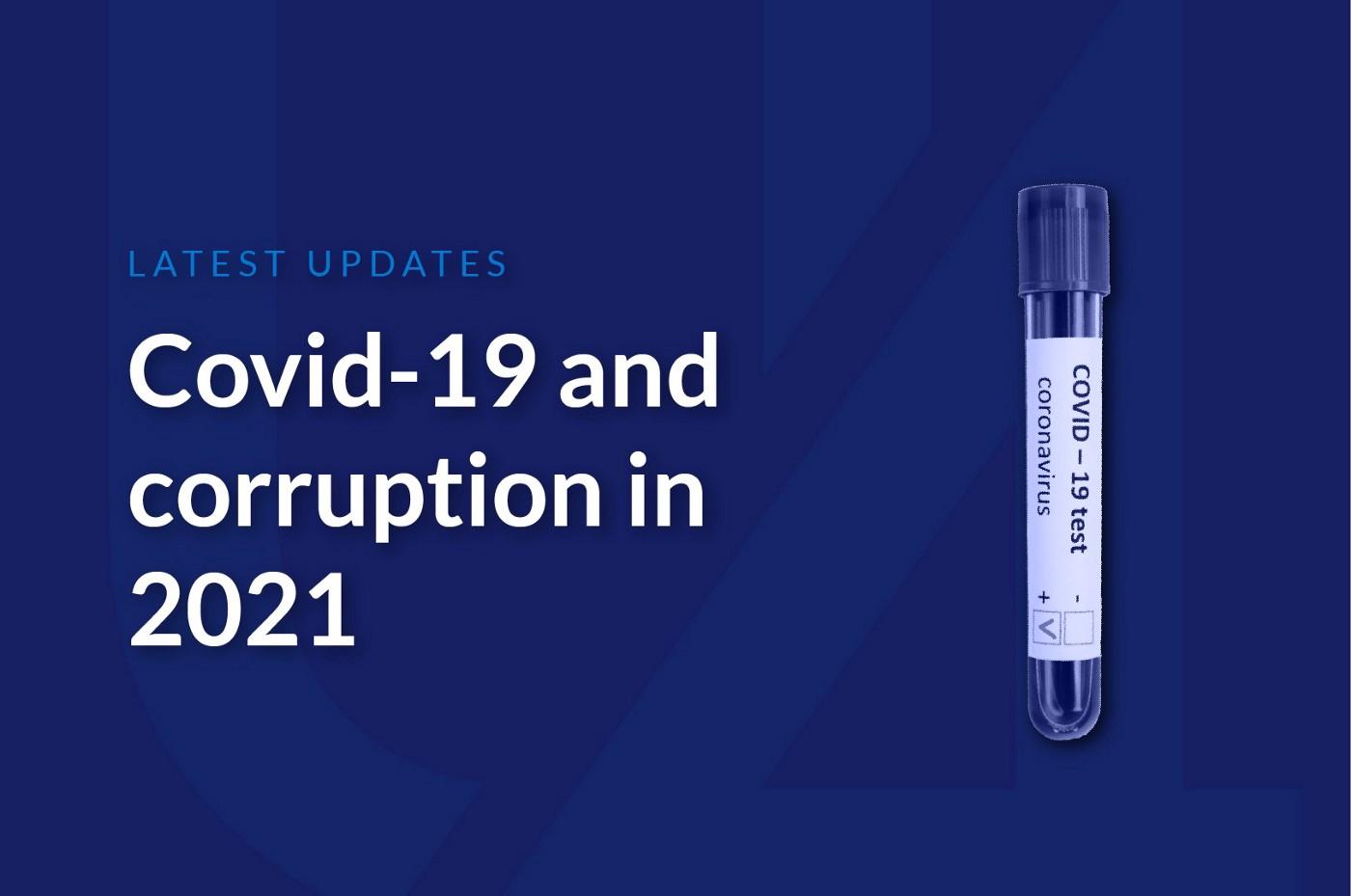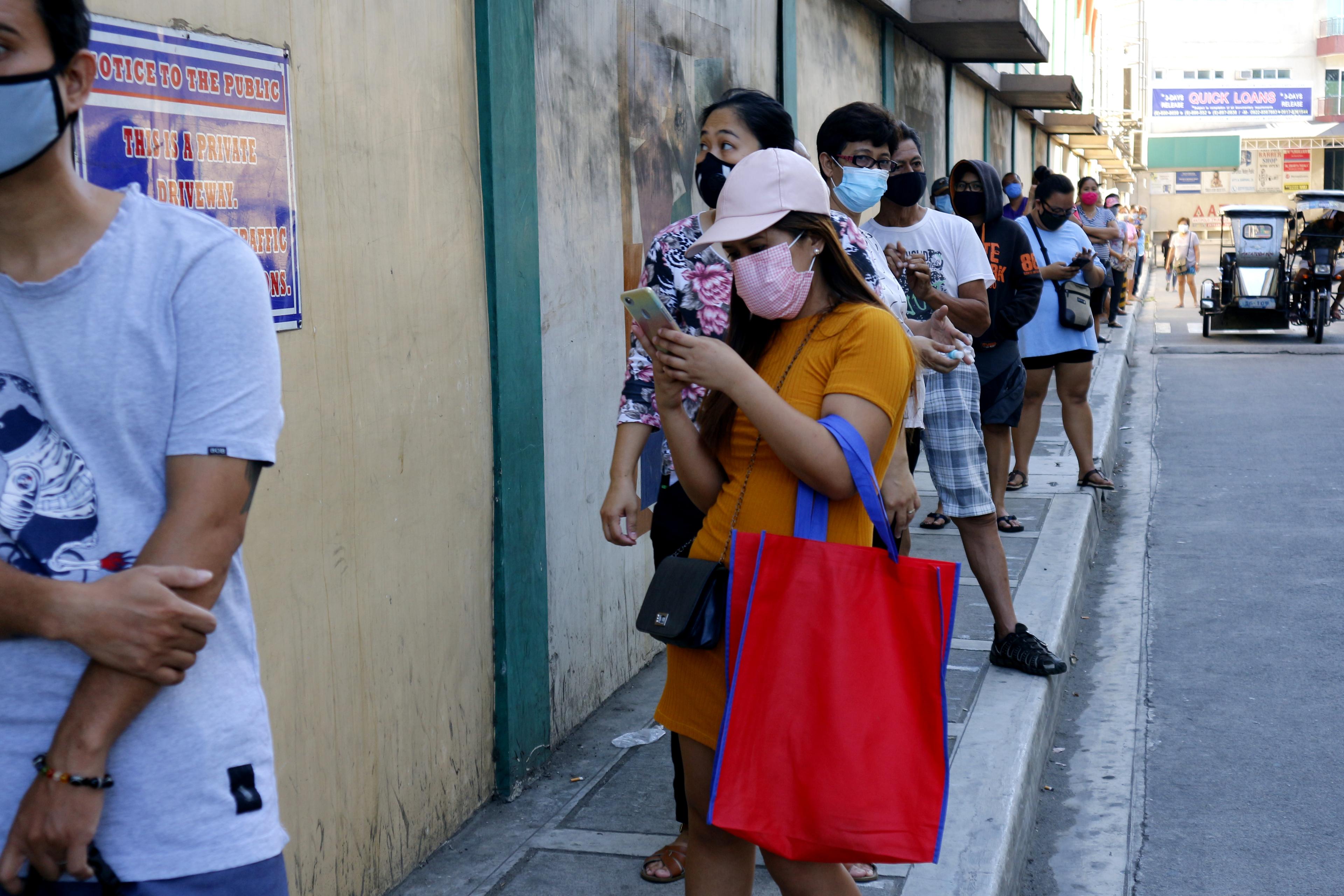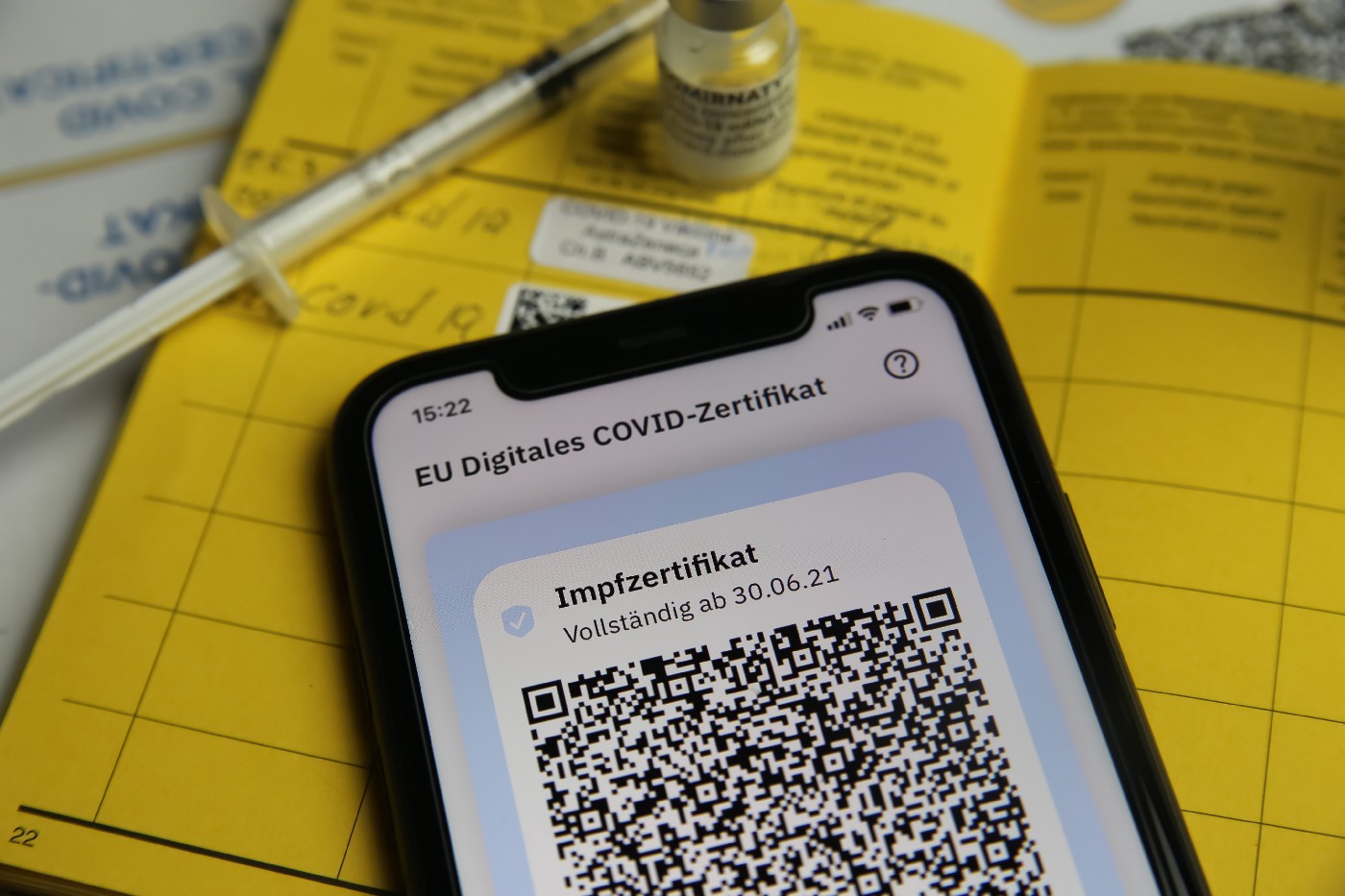Blog
Covid-19 corruption in 2021: August–September

In the summer of 2021, political instability, war, and natural disasters exacerbated the Covid-19 crisis in many countries. The full-fledged war in Tigray made prevention and vaccination efforts impossible; the Taliban’s takeover of Afghanistan left a struggling humanitarian sector shouldering most of the responsibility to deliver on health; and Haiti’s 7.2 magnitude earthquake crumbled the health system’s capacity, at a time when Covid-19 cases were rising and less than 2% had received the first dose.
Meanwhile, the Global North started seriously considering the use of booster shots. This presents a direct threat to the supplies available for the Global South. By September 2021, only 2% of Africa’s population was vaccinated, 1.6% of Syria’s, and 0.4% of Haiti’s. The MENA region also witnessed soaring Covid-19 cases in countries with low vaccination rates and ill-equipped healthcare systems. Meanwhile the latest report from Amnesty International points to pharmaceutical companies’ role the unequal distribution of Covid-19 vaccines globally.
During this time, two additional global efforts also emerged to strengthen our current and future pandemic responses: First, the WHO’s new Hub for Pandemic and Epidemic Intelligence will “leverage innovations in data science for public health surveillance and response.” However, questions remain as to how it will create more transparency and trust in data sharing. Second, the International Forum on Global Health is a space for parliamentarians to discuss how to prevent future epidemics and pandemics. On the downside, anti-corruption is not a major consideration in these initiatives.
Between August and September, corruption continued to hamper the global pandemic response and the ongoing vaccination efforts. Here’s a recounting of what happened, why it happened, and what strategies have been taken to tackle corruption.
Corruption patterns during the summer
Falsification: the world’s most common corruption threat
Since the Covid-19 vaccination campaigns started, the falsification of vaccination certificates and Covid-19 test results have been on the rise. Between August and September, however, the episodes were more prominent than ever. In South Africa, a health worker was arrested for allegedly selling fake negative Covid test certificates to travellers. In Namibia, there was an increase in the use of unauthorised and unreliable Covid-19 test kits. Criminal groups, as well as unscrupulous health professionals, were heavily involved in the forgery of either paper-based or digital vaccination certificates in Guyana, Malaysia, Romania, India, France, the US, Israel, and Turkey. Worldwide, there was a 257% increase of fake vaccination cards being sold online via the Telegram app, and this corresponded with the peak of Covid-19 cases due to the Delta variant.
Black markets for falsified vaccines and Covid related medical treatments and products also expanded during this period. In Iran, the slow rollout of Covid-19 vaccines led to a lucrative and corrupt black market for Covid-19 vaccines. In South East Asia and Africa, the WHO raised alarms about the existence of falsified Covishield doses, with cases found at the patient level in Uganda, India and Myanmar, and put out an alert about the existence of falsified Remdesivir in Mexico. In Uganda and Germany, health workers were found inoculating patients with saline water. It is no wonder that Interpol came out with another alert on the proliferation of black markets for falsified Covid-19 vaccines.
Grand and political corruption at its finest hour
Multiple cases of Covid-19-related grand and political corruption emerged between August and September.
- The former Minister of Health from the Democratic Republic of Congo was placed under provisional arrest over alleged embezzlement of Covid-19 funds in 2020.
- In Afghanistan, a local commission and the Office of the Ombudsperson of Presidential Palace found that 17 million out of 150 million afghani (the local currency) allocated for the Covid-19 response in Badakhshan province were embezzled. Despite corruption allegations, the Attorney General’s Office closed the case.
- Zimbabwe’s Minister of Health and Child Care sought to conceal an audit report, funded by the World Bank, which highlighted massive abuse of Covid-19 funds.
- There is a growing evidence that the Russian Direct Investment Fund’s (RDIF) marketing of Sputnik-V involved price gouging and corruption. An investigation found that RDIF gave a UAE firm exclusive resale rights to provide Sputnik V doses to five countries in Africa, Asia, and the Middle East at inflated prices.
- Another audit report in the Philippines found that the Department of Health spent P 42.4 billion in Covid-19 programmes and provided no supporting documents for such expenditures.
- Human Rights Watch claimed that Kenya’s cash transfer programme failed to protect the most vulnerable people. Political elites channelled the funding to family and friends and enrolled participants received less in benefits than had been promised. Overall, there was lack of transparency in the implementation of the programme.
- South Africa’s former Gauteng health department chief financial officer faced a Special Tribunal hearing for her role in the procurement of PPE contracts, worth more than R 42.8 million. The Special Investigating Unit (SIU) also found that former Health Minister Mkhize benefited unlawfully from the R 150 million paid to Digital Vibes. The National Department of Health authorised a contract for Covid-19 communications work with this company, outside of normal government regulations. It was later discovered that its real directors were close associates of Dr. Mkhize.
- Brazil’s Senate considered two Covid corruption cases that implicated members of Bolsonaro’s administration and key allies. In the first case, officials from the Ministry of Health attempted to buy the Covaxin vaccine, not yet approved by the Brazilian government, through intermediate buyers, at above-market prices. In the second case, the Health Ministry’s previous head of logistics was found requesting a $1 kickback on each AstraZeneca dose offered by US-based Davati Medical Supply, a company that did not represent AstraZeneca and could not deliver on the deal.
Why Covid-19 corruption remains so prevalent
1. It benefits the elite and keeps them in power
Grand and political corruption thrive in environments where political leaders collude to avoid any sort of accountability. For instance, in Brazil, President Bolsonaro has been accused of turning a blind eye to Covid-19 corruption, particularly when perpetrators are strong allies and part of their cabinet. To hold on to power, Bolsonaro’s party has deepened its alliance with Centrão, which is the powerful bloc of political parties representing the country’s oligarchs, known for their involvement in big corruption schemes, and its previous contender for power. Despite being implicated in Covid-19 corruption, Bolsonaro made Senator Ciro Nogueira, Centrão’s leader, his chief of Staff.
2. There is poor protection of whistleblowers
In August, the South African government launched an investigation into the killing of Babita Deokaran, Gauteng health department finance manager. She was a key whistleblower in the SIU’s investigation of PPE fraud during the national Covid-19 lockdown. Despite having legislation in place to protect whistlebowers, Ms. Deokaran’s assassination highlights the gap between policy and action. Furthermore, the lack of protection of whistleblowers deters others from reporting mismanagement and wrongdoing.
3. The pace of investigations do not deter perpetrators
In Bangladesh, the Anti-Corruption Commission’s (ACC) investigations into Covid-19 related corruption was found to be going at a “snail’s pace”. Some ACC officials were instructed to move slowly with probes, as superiors argued that speeding them up could disrupt Covid-19 health services. However, slowing down these investigations can facilitate more corruption and erode public trust in health institutions.
4. Flaws with digital platforms can facilitate the proliferation of fake digital vaccination cards and tests
For instance, a Sydney-based Engineer found a security flaw in the Express Plus Medicare App, which allowed him to create a fake vaccination certificate within 10 minutes. A security audit would have easily identified this flaw.
5. Long-standing corruption prior to the pandemic provides fertile ground for Covid-19 corruption
A case in point is the Latin American region, where endemic corruption has enabled corrupt actors to profit from the Covid-19 crisis. Mismanagement of funds, overpriced medications, political corruption, and extortion of families to access ICU beds are amongst the many forms of corruption being found in Brazil, Ecuador, Colombia, and Peru.
Anti-Corruption efforts worth highlighting
Despite the prevalence of Covid-19 corruption, there were several efforts and instances of research conducted on how to contain the misuse of the pandemic resources between July and August:
- Some countries introduced tech-based solutions and sanctions to tackle the spread of fake Covid-19 vaccination cards. Malaysia and Pakistan launched mobile apps that verify the authenticity of digital and printed Covid vaccination certificates. Meanwhile, Greek authorities introduced measures to crack down on the proliferation of fake certificates, including fines of 5000 EUR for each fake vaccination card, recovery or test certificate, and fines of up to 50 000 EUR for health centres engaging in this behaviour.
- The Aspen Global Innovators Group published a report highlighting the role of grassroots leaders in Covid-19 responses. The report “Community First Global Collaborative” calls for integrating community leaders in Covid-19 responses, as doing so will substantially enhance public trust in governments’ pandemic preparedness and response plans. As trusted members of the community, they are in a better position to operate locally and ensure all resources are spent effectively. This report advocates for more training, support, and resources to these groups.
Anti-corruption is key to ensure that the world can overcome the challenges of Covid-19. If your government, company or NGO has any initiative related to countering corruption in Covid-19 response and recovery, we would like to know about it. Write to [email protected].
Disclaimer
All views in this text are the author(s)’, and may differ from the U4 partner agencies’ policies.
This work is licenced under a Creative Commons Attribution-NonCommercial-NoDerivatives 4.0 International licence (CC BY-NC-ND 4.0)


